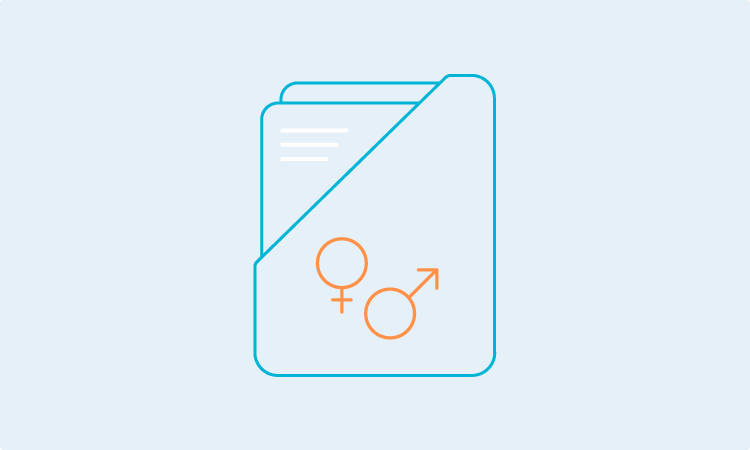In preparation for the 64th session of the Commission on the Status of Women (CSW64) in March 2020, which will feature negotiations on the Beijing Declaration and Platform for Action for its 25th anniversary, a webinar series was organised by the UN Women Multi-Country Office – Caribbean and the University of the West Indies Institute for Gender and Development Studies – Nita Barrow Unit, with the support of ParlAmericas. These sessions were designed to convene national gender machinery representatives, civil society, parliamentarians, and ministers to achieve two objectives:
The sessions were led by Caribbean gender equality activists, advocates, academics, and practitioners, who shared information that will support regional actors in preparing for negotiations, as well as in their ongoing work for gender equality and sustainable development at the national and regional levels.
The below sections house the recordings of these webinars, summaries of the issues covered, and related resources on the following topics:


The Beijing Declaration and Platform for Action was adopted as a comprehensive agenda towards gender equality and women's empowerment by 189 countries at the Fourth World Conference on Women in Beijing, China, in 1995. It remains a critical guiding document for international and national efforts towards these goals.
Relevant sections of the Beijing Declaration and Platform for Action
Led by Barbara Bailey, this session focused on issues related to women’s positioning in the economy in the Caribbean, with particular attention to the ways in which this standing is shaped by and interconnected with trends in education, training, and social protection.
The following topics were some of the key points of learning and discussion that stemmed from the presentation and interventions by session participants:
Relevant sections of the Beijing Declaration and Platform for Action
Led by Roberta Clarke, this session explored the phases in the international response to violence against women and the necessary next steps for the prevention and elimination of the problem.
The following topics were some of the key points of learning and discussion that stemmed from the presentation and interventions by session participants:
Relevant sections of the Beijing Declaration and Platform for Action
Led by Rosina Wiltshire, this session focused on women’s representation in leadership and decision making spaces in the Caribbean, as well as the roles of various international, regional, and national institutions in advancing gender equality and women’s rights.
The following topics were some of the key points of learning and discussion that stemmed from the presentation and interventions by session participants:
Relevant sections of the Beijing Declaration and Platform for Action
This session, led by Maya Trotz, explored the connections between progress in environmental health and gender equality, as well as the ways in which women in the Caribbean are leading on efforts to combat climate change and environmental degradation.
The following topics were some of the key points of learning and discussion that stemmed from the presentation and interventions by session participants:
Led by Sharon Carter-Burke, this session examined the situation in the Caribbean regarding media portrayals of women, the extent to which women are involved in the media industry, and opportunities for engaging the media to contribute to advancing gender equality.
The following topics were some of the key points of learning and discussion that stemmed from the presentation and interventions by session participants:
WACC & WMW Jamaica
Relevant sections of the Beijing Declaration and Platform for Action
Led by Tracy Robinson, this session focused on defining human rights, the specific importance of women’s human rights, and key issue areas in which an emphasis on protecting women’s rights is necessary.
The following topics were some of the key points of learning and discussion that stemmed from the presentation and interventions by session participants:
Caribbean countries prepare periodic reports that share national progress towards the achievement of the Beijing Declaration and Platform for Action.